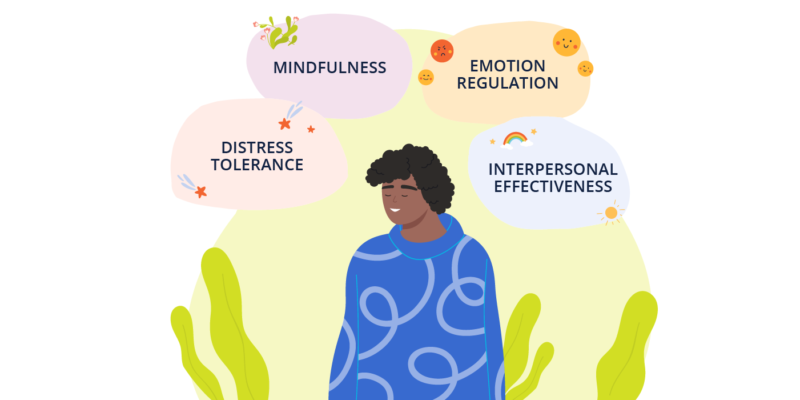
In today’s Voices of Compassion episode, we talk with Dr. Katie Reeves, health researcher and Nurse Practitioner who specializes in the care of anxious, suicidal, and self-harming teens and their families. Listen now to learn more about what you can Read more >>











